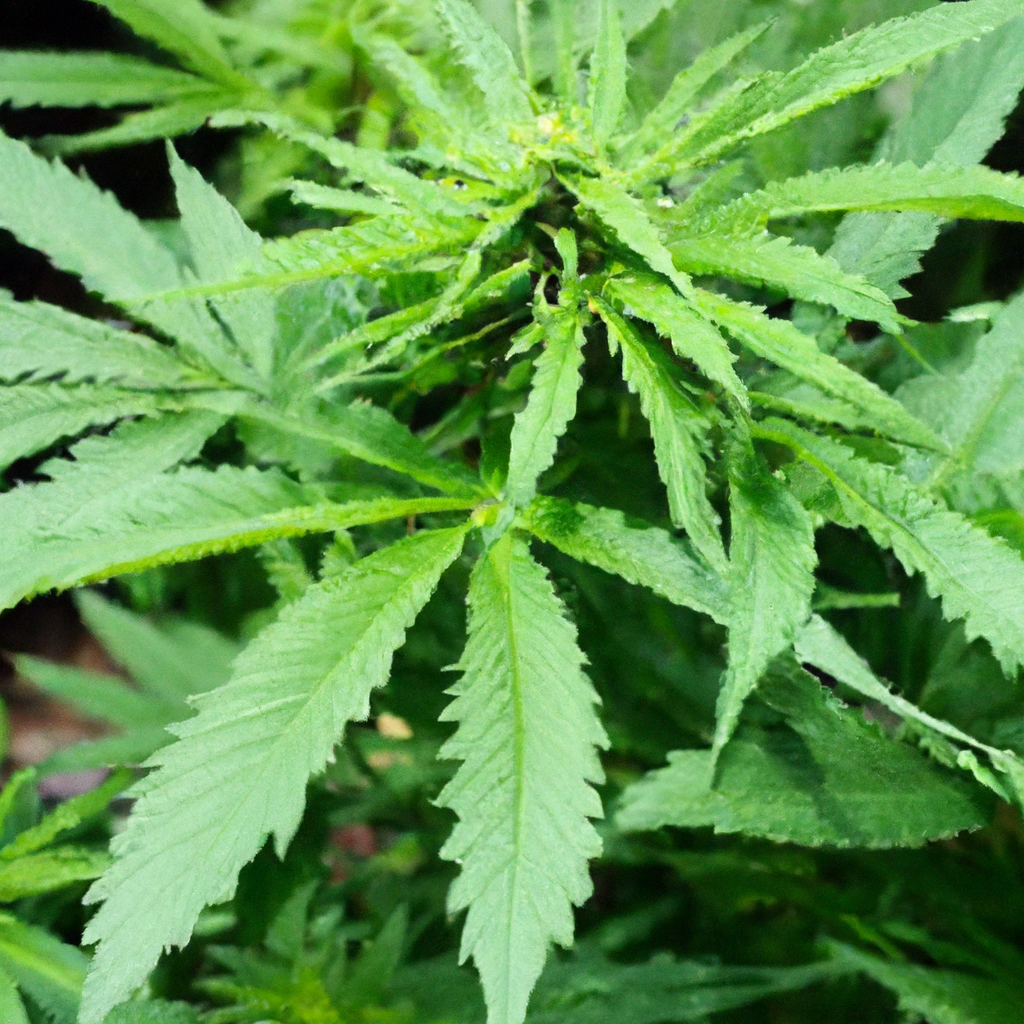Your cart is currently empty!
In the ever-evolving world of cannabis cultivation, organic growing techniques are increasingly becoming a preference for environmentally-conscious growers and health-conscious consumers. In this guide, we’ll explore the best practices for cultivating cannabis organically, focusing on natural fertilizers, composting, and sustainable pest control methods.
Building a Healthy Soil Ecosystem
Healthy soil is the foundation of organic cannabis cultivation. Developing a robust soil ecosystem involves integrating various natural components that work in harmony to support plant health and optimize growth.
- Composting: Composting transforms organic waste into nutrient-rich humus, enhancing soil structure and fertility. Include kitchen scraps, yard waste, and aged manure to create a balanced compost.
- Use of Cover Crops: Planting cover crops like clover or legumes can improve soil nitrogen levels and prevent erosion.
- Addition of Worm Castings: Worm castings introduce beneficial microbes and improve soil aeration and water retention.
Nourishing with Natural Fertilizers
Organic cannabis requires a balanced nutrient intake to grow optimally. Unlike synthetic fertilizers, natural fertilizers supply essential nutrients without the risk of chemical residues.
- Organic Bone Meal: A great source of phosphorus, it enhances root development and flowering.
- Fish Emulsion: This provides nitrogen, promoting leafy growth and vibrant foliage.
- Bat Guano: High in nitrogen and phosphorus, bat guano boosts plant vitality and accelerates growth.
Sustainable Pest Control Methods
Managing pests in an organic garden involves reaching a balance where beneficial insects and natural deterrents maintain pest populations below damaging levels.
- Beneficial Insects: Introduce ladybugs and predatory mites to control aphids and spider mites naturally.
- Neem Oil: Neem acts as a natural insect repellent, effective against a broad range of pests without harming the plant.
- Companion Planting: Plant herbs like basil or marigold alongside cannabis to repel harmful insects.
Promoting Sustainability and Environmental Benefits
Choosing organic cannabis cultivation not only yields potent, high-quality products but also significantly benefits the environment. By avoiding synthetic chemicals, growers reduce potential harm to the ecosystem and promote biodiversity within cultivation areas.
For consumers, organic cannabis offers peace of mind. Free from chemical residues, it results in a cleaner, healthier product. This alignment with nature’s processes often translates into a superior sensory and user experience.
Conclusion
Adopting organic methods in cannabis cultivation is a step toward sustainable and ethical production practices. By focusing on building healthy soil ecosystems, employing natural fertilizers, and practicing sustainable pest control, growers can achieve thriving results while preserving the environment. Embark on this green journey for your next cultivation project and enjoy the myriad benefits it offers.
Discover more from Magic Clones
Subscribe to get the latest posts sent to your email.


Leave a Reply